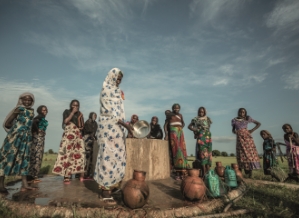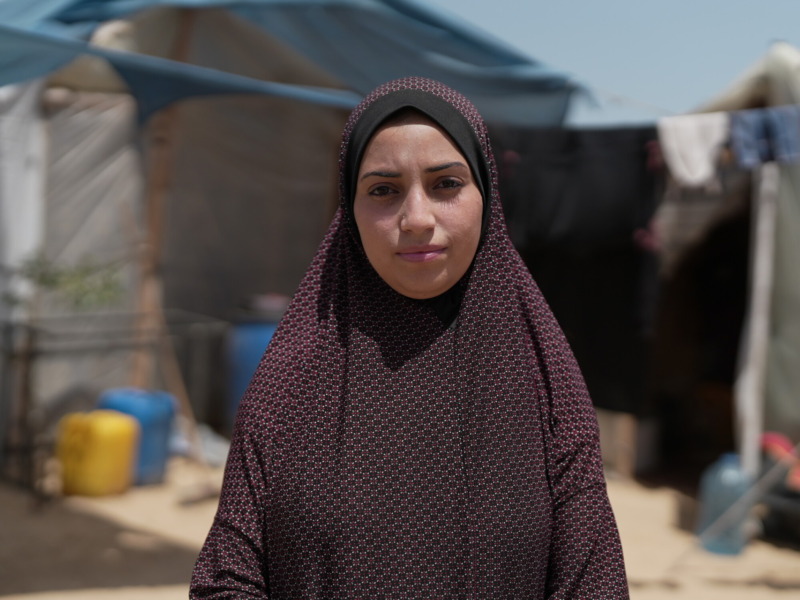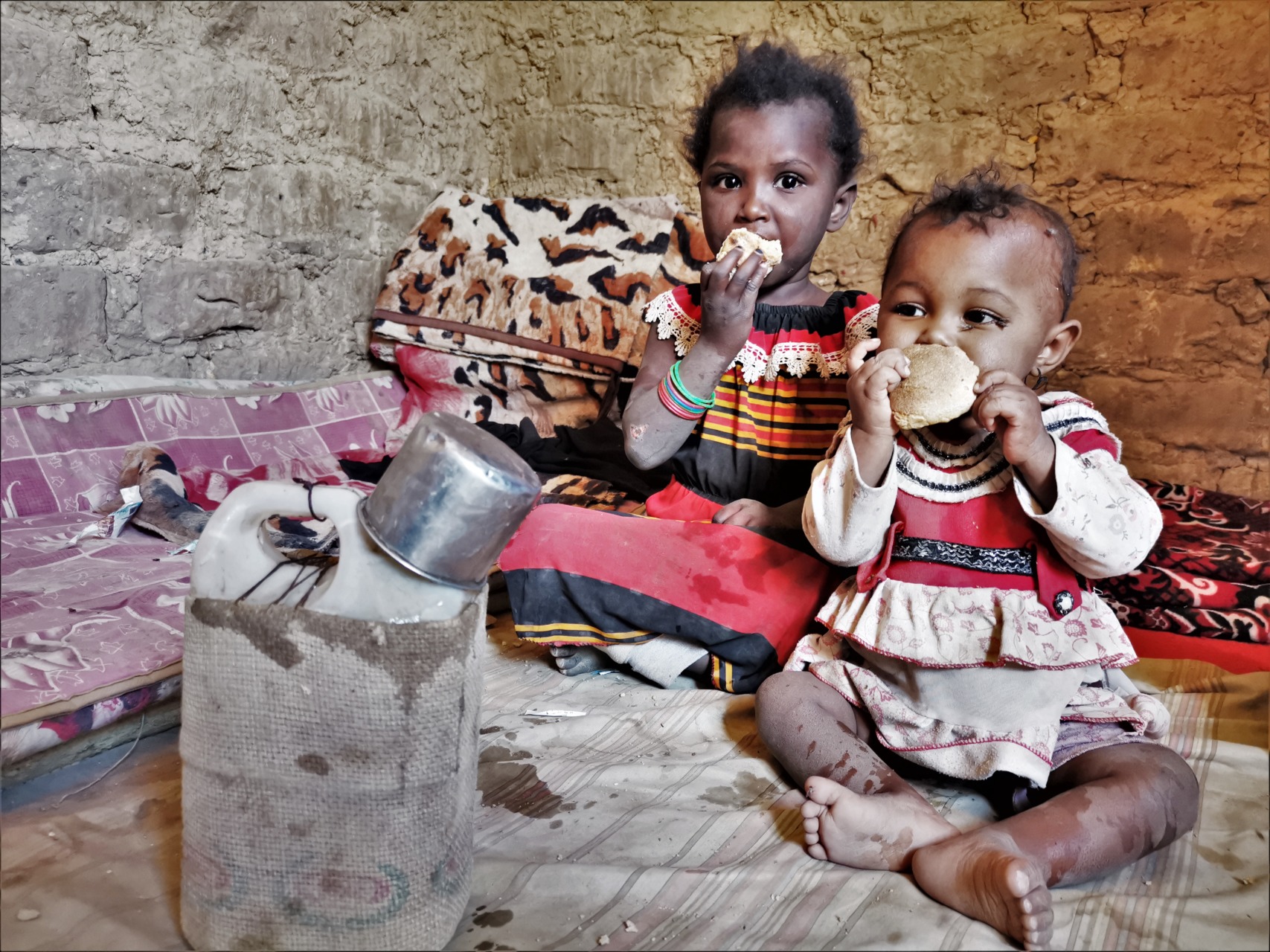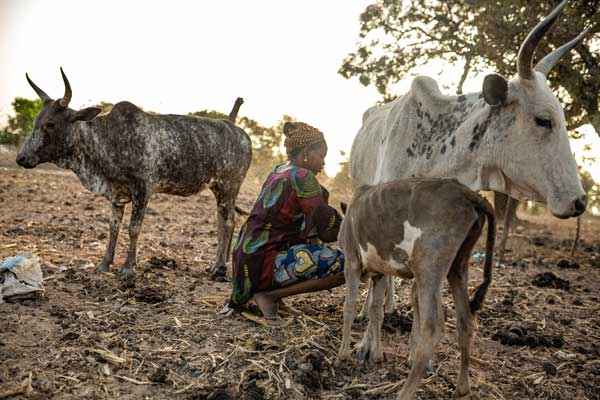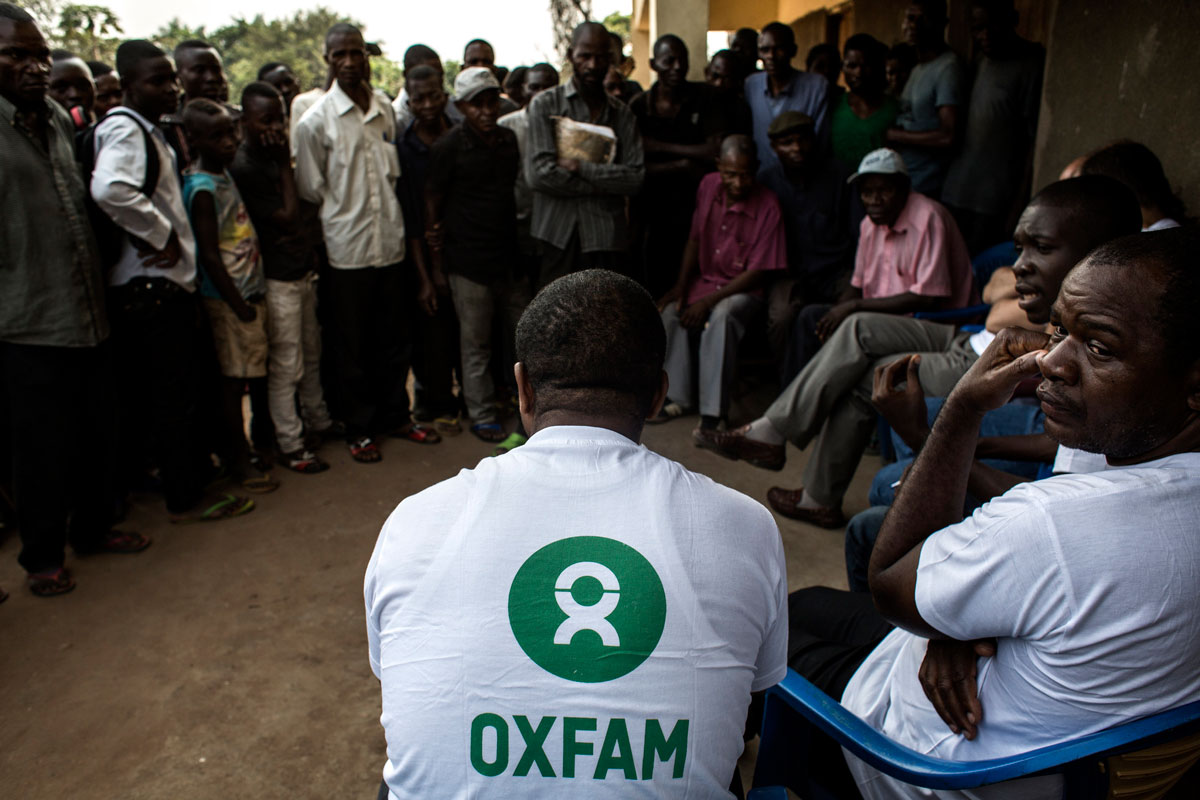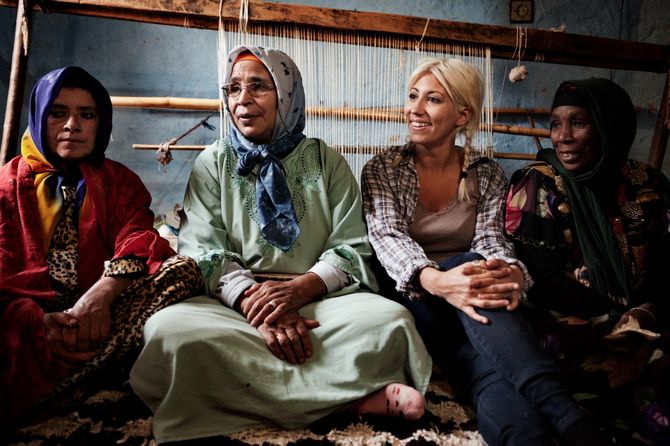The partnership with local authorities in responding to humanitarian crisis. The case of Lebanon: lessons learned and recommendations
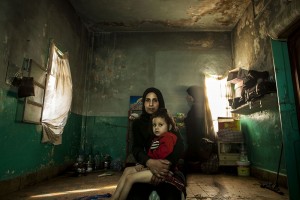
In recent years, the importance of local authorities (LAs) has been highlighted by scholars and practitioners: the change begins from the bottom and key actors of this change are active citizens and effective states that are the two sides of the same “development coin”.
Being closer to citizens than other public institutions, LAs play a key role as catalysts for change. The purpose of this study is to reflect on the partnership with LAs for responding to emergencies and linking relief and rehabilitation to development activities. In particular, this paper critically assesses the experience of Oxfam Italia (OIT) of working in partnership with local authorities for responding to Syrian refugee crisis in Lebanon.
Generally speaking, thanks to its history and expertise, OIT is implementing humanitarian programs in Lebanon through the perspective of “localising” the response: the territory (as geographical area and public and private actors that inhabit and contribute to the social change of the context) is the “instrument” for and the “objective” of humanitarian interventions. Hence, OIT is implementing humanitarian programs establishing a territorial approach to humanitarian assistance.
Five Concrete Experiences of Oxfam Italy on Local Governance and Decentralisation
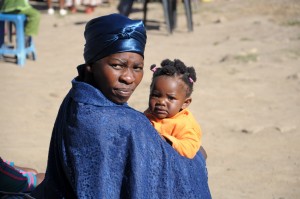
During times of crisis, poor people are the most vulnerable target in terms of economic and social justice. In order to break the cycle of poverty and inequality, it is necessary a radical redistribution of power, opportunities and assets, rather than traditional models of charitable aid.
Within this scenario, Oxfam Italy has systematized its relevant experience in fostering an efficient and effective management of public resources in order to tackle poverty through decentralization and local governance for human development.
In particular, this paper critically assesses five initiatives implemented by OIT in the last ten years in 1) waste management in Latin America, South Africa and Democratic Republic of Congo; 2) urban and rural SMEs in Bosnia-Herzegovina; 3) social and health care services in South Africa.
Read the entire paper “Tackling poverty through decentralization”
Read a Summary of the paper “Tackling poverty through decentralization”
